17 Days 16 Nights
Daily Tour
1 person
English
About this tour
Trekking through the majestic landscapes of the Himalayas is an experience that transcends the ordinary, offering adventurers a chance to immerse themselves in breathtaking beauty and unparalleled natural vistas. Among the plethora of trails that wind through this mountainous wonderland, the Chola Pass Trek stands out as a thrilling and rewarding journey, weaving through Nepal’s Khumbu region, renowned for its stunning panoramas and rich cultural heritage.
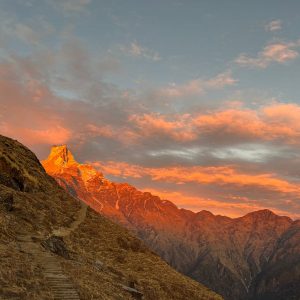
Chola Pass Trek: A Journey Through the Khumbu Region
Nestled within the Himalayas, the Chola Pass Trek is a challenging yet immensely gratifying adventure that typically spans around 16 days, captivating trekkers with its diverse terrain, stunning views of towering peaks, serene lakes, and encounters with the warm-hearted Sherpa communities along the way.
Route Highlights:
1. Kathmandu to Lukla: The journey commences with a thrilling flight from Kathmandu to Lukla, known for its precarious runway and breathtaking views. This small town serves as the gateway to the Khumbu region and marks the starting point of the trek.
2. Namche Bazaar: The trail leads through dense forests of rhododendron and pine, ascending gradually to Namche Bazaar. This bustling Sherpa town offers a blend of cultural immersion, breathtaking vistas, and a chance to acclimatize to the increasing altitude.
3. Tengboche Monastery: Enroute, trekkers pass by the iconic Tengboche Monastery, a spiritual haven set against the backdrop of Mount Ama Dablam. The monastery, with its intricate architecture and serene ambiance, is a must-visit cultural gem.
4. Gokyo Lakes: The trail then diverts towards the mesmerizing Gokyo Valley, home to a series of turquoise glacial lakes. The sight of these pristine bodies of water against the backdrop of snow-clad peaks is nothing short of breathtaking.
5. Chola Pass and Everest Base Camp: The highlight of the trek is conquering the challenging Chola Pass (5,420 meters), a demanding ascent that rewards adventurers with unparalleled views of the Himalayan panorama. The trail then descends to Gorak Shep, the last settlement before the iconic Everest Base Camp.
6. Kala Patthar: Trekking enthusiasts often make a side trip to Kala Patthar, a vantage point offering a stunning panoramic view of Mount Everest and neighboring peaks, creating an unforgettable moment for trekkers.
7. Return Journey: The return journey retraces steps through scenic trails, allowing trekkers to absorb the beauty they might have missed on the way up and bid farewell to the majestic Himalayas.
The Chola Pass Trek presents a blend of challenges that require trekkers to be well-prepared both physically and mentally:
let’s dive deeper into the intricate details of challenges and preparations for the Chola Pass Trek.
Challenges:
1. Altitude Acclimatization: Trekking to high altitudes demands a slow ascent to allow the body to acclimatize gradually. AMS can strike anyone regardless of age or fitness level, so it’s essential to listen to your body, stay hydrated, and acclimatize properly by following the “climb high, sleep low” principle.
2. Unpredictable Weather: The Himalayan weather is notoriously capricious. Trekkers may encounter sunny days, sudden snowstorms, or heavy rainfall within a short span. The temperatures can vary drastically between day and night, necessitating versatile clothing options to adapt to changing conditions swiftly.
3. Physical Endurance: The trek involves long days of walking, often over challenging terrains that include steep ascents and descents, rocky paths, and potentially icy sections near the pass. This demands not only physical stamina but also mental resilience to tackle the difficulties.
4. Oxygen Levels and Thin Air: At higher altitudes, oxygen levels drop significantly, making physical exertion more challenging. This can lead to shortness of breath, fatigue, and headaches. Proper rest, hydration, and gradual ascent help mitigate these effects.
Preparations:
1. Fitness Regimen: A well-rounded fitness routine should include aerobic exercises like running, hiking, or cycling to build stamina. Incorporate strength training targeting leg muscles and core strength to withstand the demands of long hours of trekking.
2. Gear and Equipment: Invest in high-quality gear suited for varying weather conditions, including waterproof and windproof jackets and pants, thermal layers, moisture-wicking clothing, sturdy trekking boots with ankle support and good traction, and a comfortable backpack.
3. Hydration and Nutrition: Maintain a balanced diet rich in carbohydrates, proteins, and fats to fuel your body for the exertion. Hydration is crucial at high altitudes, so carry a reliable water purification system or tablets to ensure access to clean water.
4. Mental Preparation: Familiarize yourself with the trek’s challenges and mentalize your responses to potential difficulties. A positive attitude, mental fortitude, and adaptability to unforeseen circumstances play a pivotal role in overcoming challenges along the trail.
5. Altitude Medication and First Aid: Consult with a healthcare professional about altitude sickness medication, such as acetazolamide, and carry a comprehensive first-aid kit that includes essential medications, bandages, and blister treatments.
6. Guided Trek and Safety Measures: Consider partnering with experienced guides who understand the terrain, local culture, and potential risks. They can offer invaluable support, navigate challenging sections, and ensure a safer journey.
Preparation for the Chola Pass Trek is multifaceted, requiring physical training, proper gear, mental resilience, and respect for the unpredictable nature of the Himalayas. Trekkers who adequately prepare themselves stand a better chance to relish the breathtaking beauty and conquer the challenges of this remarkable journey through the Khumbu region.
The Chola Pass Trek is a remarkable adventure, but it demands meticulous preparation and respect for the challenges posed by the Himalayan terrain. With adequate preparation and a spirit of adventure, trekkers can conquer this awe-inspiring journey and create enduring memories amidst the world’s highest peaks.
Conclusion:
The Chola Pass Trek isn’t merely a physical journey; it’s a transformative experience that etches memories of breathtaking landscapes, cultural encounters, and personal triumphs. The blend of natural beauty, challenging terrain, and cultural immersion makes this trek a bucket-list-worthy adventure for any passionate trekker seeking an unforgettable Himalayan escapade.
Embarking on the Chola Pass Trek is not just about conquering heights; it’s about discovering the soul-stirring magnificence of the Himalayas and forming an everlasting connection with this ethereal landscape.
Please Follow Us For more Updates :
Website : Base Camp Trip
Highlights
- World’s Highest Mt. Everest 8848
- Mesmerizing Gokyo Lake 4800m, Gokyo RI 5357m & Kallapathar 5550m
- Stunning Views of Many Ice Peak Mountains in Everest Region
- Great Pass Chola Pass
- Kallapathar Majestic Viewpoint
- Nepal Biggest Khumbu & Longest Ngozumpa Glaciers
- Hillary Suspension Bridge
- Namchebazar the Sherpa Capital & Tengboche Monastery
- Sagarmatha National Park & Biodiversities of Flora & Fauna in Everest Regions
- Traditional Sherpa Villages, Culture, Traditions and Hospitality
- Sagarmatha National Park & Biodiversities of Flora & Fauna in Everest Regions
- Traditional Sherpa Villages, Culture, Traditions and Hospitality
Included/Excluded
- Airport Pick up and Drop by Private Car (Not Taxi) upon arrival and departure
- Hotel Accomodation (Shared Room for Minimum 2 Pax and Single Room for Private Trip) in Kathmandu & in Tea Houses as per Itinerary
- All clean Standard Teahouses (Shared Room for Minimum 2 Pax and Single Room for Private Trip) in Lukla, Phakding, Namchebazzar, Dole, Machhermo, Gokyo, Thaknak, Dzongla, Lobuche & Ghorakshep as per Package booked
- Overland transport from Kathmandu to Ramechap (both ways)
- Flight Ticket from Ramechap to Lukla (both ways)
- Meals 3 x a day as per mentioned in Itinerary
- Company Duffle Bag
- Seasonal Fruits during trekking
- Professional Experienced Licensed English Speaking Guide
- Porter (1 Porter for 2 People with maximum luggage 25 kgs)
- Sagarmatha National Park Trekking Permit & Government Tax
- Nepal Visa Online Application Service
- Emergency Evacuation Management / Service by Horse or Helicopter
- Farewell Dinner before Departure
- Official Trekking Certificate from our Company
- Flight ticket to Nepal
- Tourist Visa On Arrival Fee --> 15 Days = USD 30, 30 Days = USD 50
- Tips for Guide & Porter
- Extra Accommodation which is caused by your early arrival or late departure other than the trek date, and if you are back to Kathmandu early from the trek due to any problem or rescue (other personal reasons).
- Extra Airport transfer cost if you have to return back from Kathmandu/Ramechap airport to hotel again and again go to Lukla airport because of weather problem (flight cancellation)
- Horse Rent / Helicopter Cost/Expenses for Emergency Evacuation or Personal Request
- Personal Expenses for trekking such as mountain gear or equipments, shopping, wifi/nepal simcard, phone/battery charge, hot water/shower, extra personal meals, drinks (mineral water), snacks, laundry etc
- Other Personal Expenses which are not included in the above facilities.
Itinerary
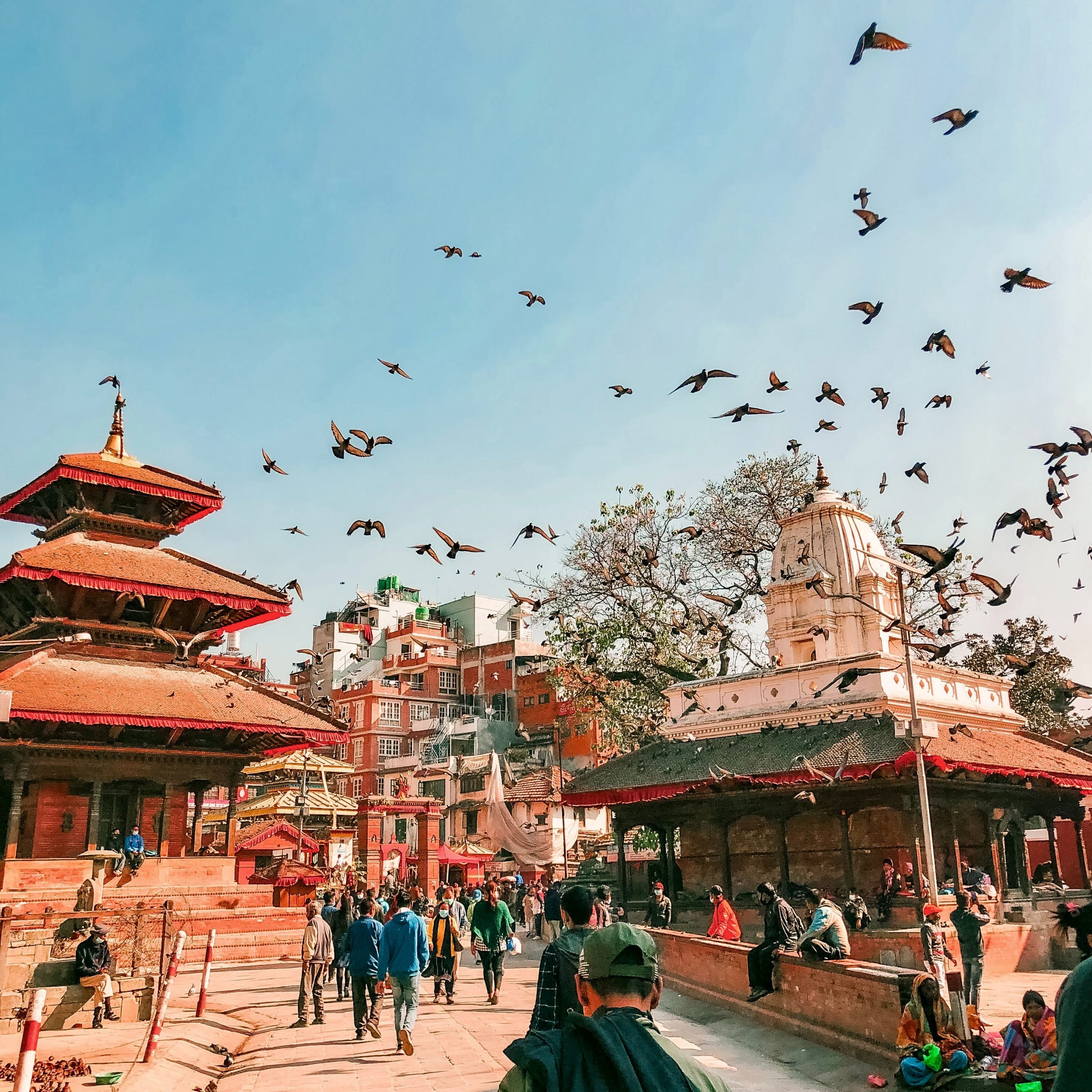
You arrive in Kathmandu today and our company staff will pick you up at Tribhuvan International Airport then drop you at Hotel. Our Staff will also give briefing you about the Everest Basecamp Trip via Chola Pas and hand over duffle bag for your to pack your stuff for trekking. Payment on the balance trip cost also will be done today. If you come in the morning or early time today, we will have welcome dinner otherwise we will provide you with packed dinner in your room from the hotel you stay. Our Staff will also inform you what time you must wake up & prepared the following morning for driving to Ramechap. Overnight in Kathmandu
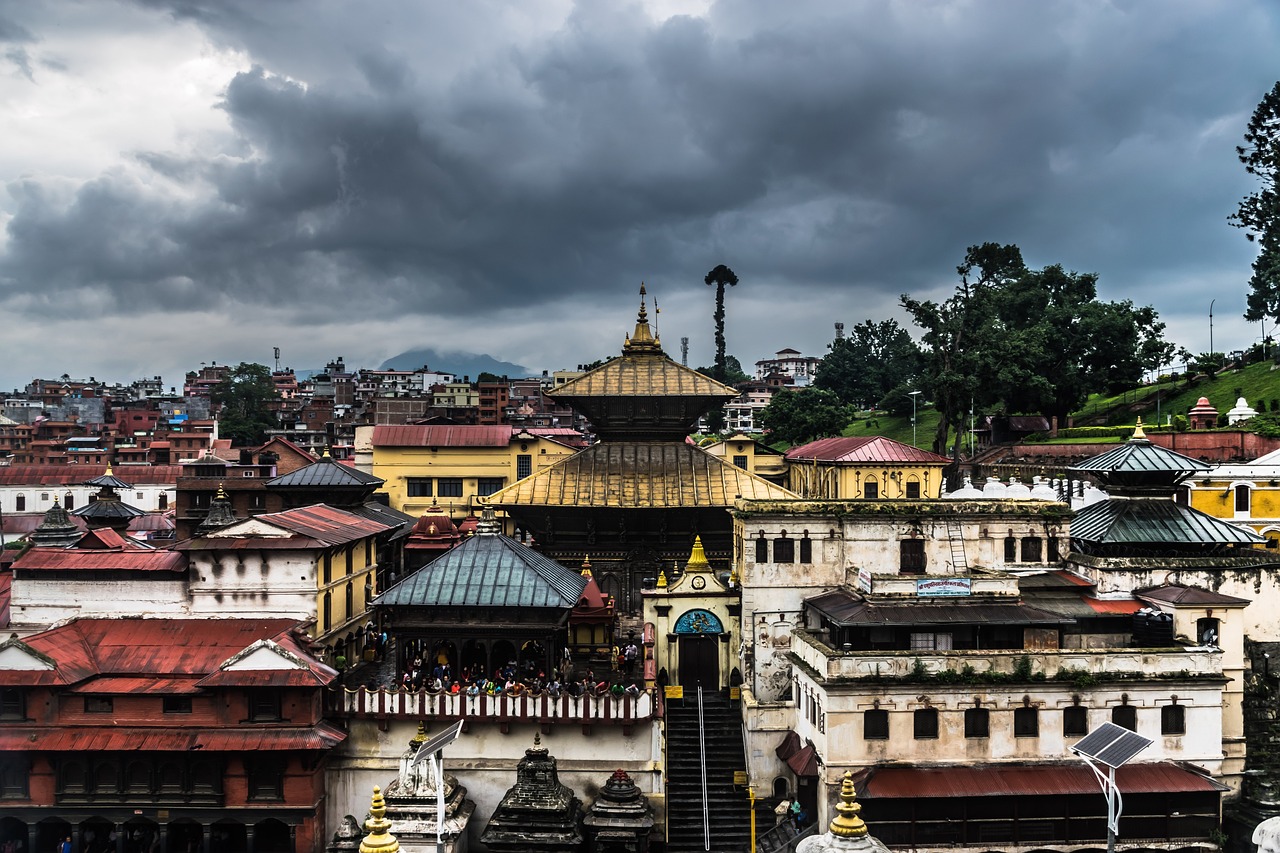
Early Morning at around 02.00 oclock, our Guide will come to hotel to pick you at hotel and together will drive to ramechape. Trip from Kathmandu to Ramechap takes 5 hours drive. At around 8 oclock in Ramechap, Airport Port check in will be managed by our guide and you will fly to Lukla for 20 minutes, then directly trek to Phakding. It will take around 3 hrs trek to reach Phakding. Overnight in Phakding

After breakfast at hotel you will start your trek around 7 or 7.30am to Namchebazar. Today you will walk through few villages with beautiful views of Dudh Kosi river which coming all the way up from Everest Basecamp region down to Lukla. You will also pass by many suspension bridges which connect one village and mountains/hills in this area to another. Some waterfalls also are there where you can stop, take photo and fill the water for you drink. The beautiful views of Mt. Thamserku 6608m. On Midday you will stop for lunch somewhere around the village and after that continue your trek to reach Edmun Hillary Bridge. This Bridge is quite famous and connect the bottom land with Namchebazar area. You need to put extra energy to come up to this height and more hike after the bridge to arrive in Namchebazar. From Phakding to Namchebazar will take 6-7 hrs walk up. It depends on your walking speed but please control your pace as consistently slow & relaxe as possible and enjoy your trek. You will reach namchebazar in the afternoon. Overnight in Namchebazar
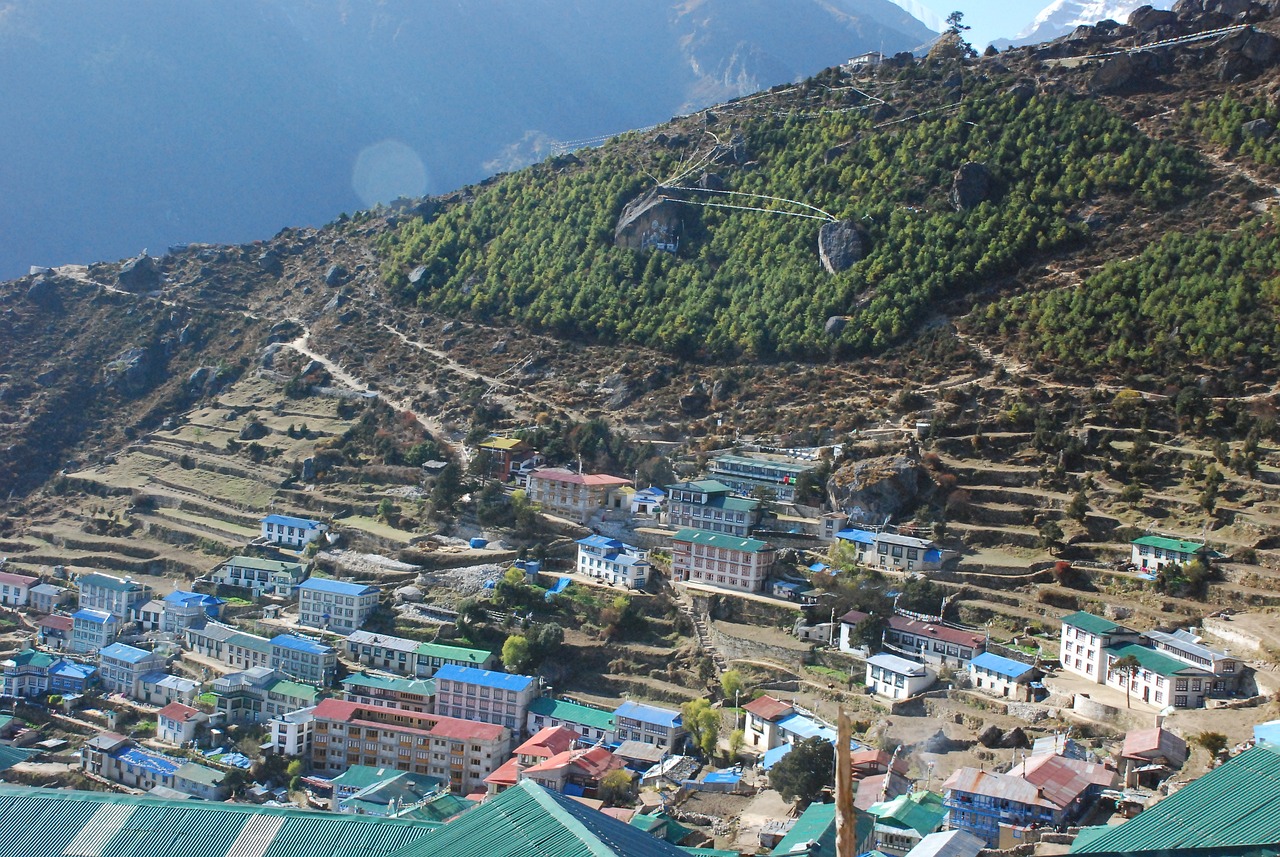
Today is your first acclimatization day where you need to go hike higher to make your body prepared for higher altitude and it will prevent you from High Altitude Sickness. After breakfast You will hike to Everest View Hotel at 3880m Altitude which is 2-3 hours to go up and back namchebazar. During the hiking, if the weather is clear you will enjoy the stunning scenery of many Highest Mountain in Everest region such as Mt. Everest 8848m, Mt. Amadablam 6856m, Mt. Lhotse 8511m, Mt. Nuptse 7896m, Shartse Peak 7502m, Peak 38 7590 and many others. After hiking to Everest View Hotel 3880m, you will take rest and enjoy Namchebazar neighborhood. Overnight in Namchebazar

Trek from Namchebazar to Dole will take around 4-5hrs. from the Cho Oyu viewpoint a final short walk leads to Dole, a tiny village tucked into the huge hills. Coming to Dole straight from Namche involves a significant increase in sleeping altitude so before doing this it is recommended to have acclimatization in Namchebazar. Overnight in Dole
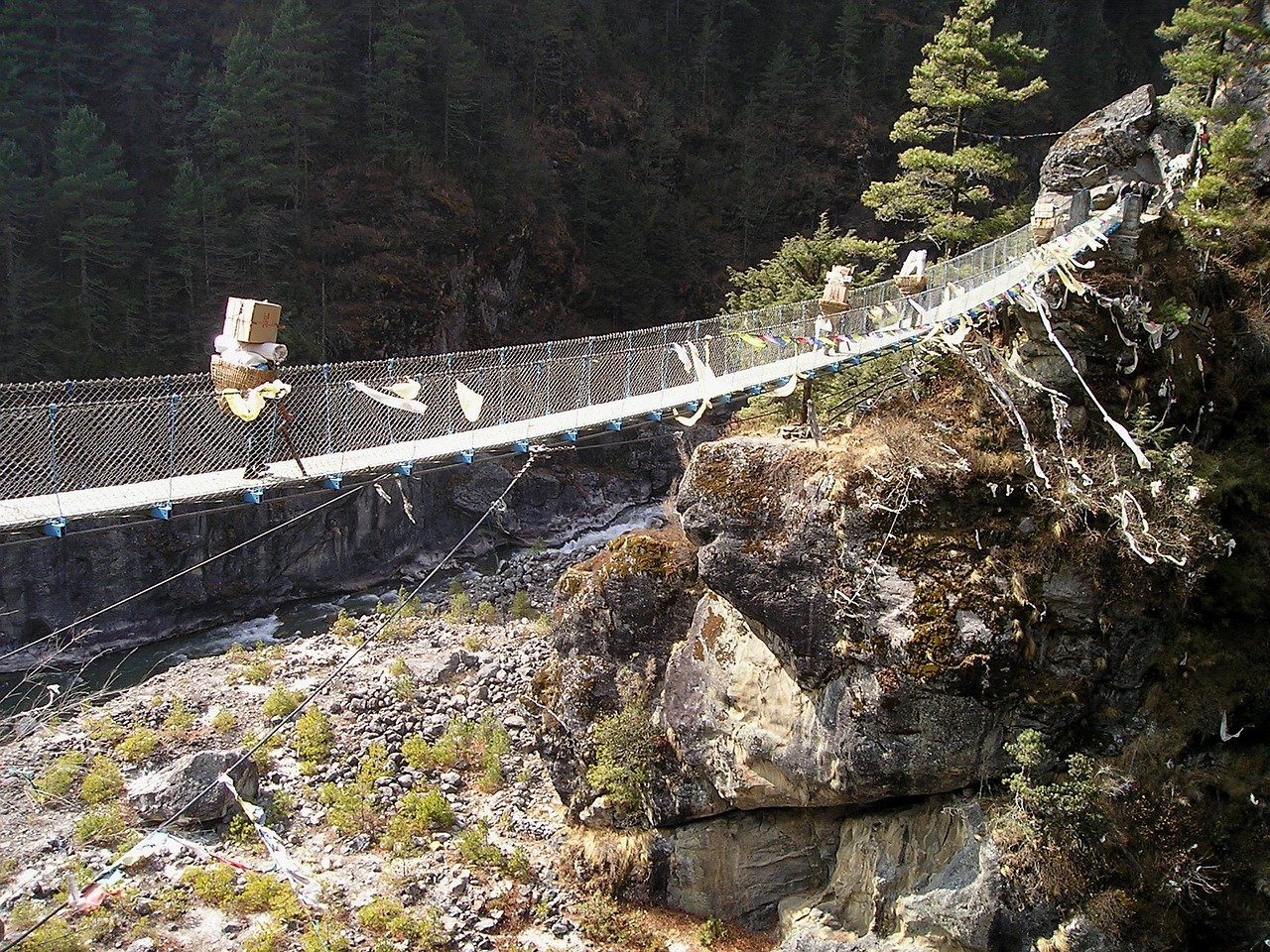
Dole to Macchermo is 4-5 hours walk and the barren trails opened up for an incredible view of snowcapped mountains situated below the deep blue sky. On the way, you will see an awesome view of Mt Cho Oyu, Cholatse, Taboche etc. From Machhermo, we can continue the trek to Gokyo valley. A short day which takes you even higher into the Khumbu's huge peaks. Like coming to Dole from Namche, pushing on to Machermo involves another jump in altitude so either take a rest day in Dole or, at the very least, take this short day slowly and don't rush. Overnight in Machhermo
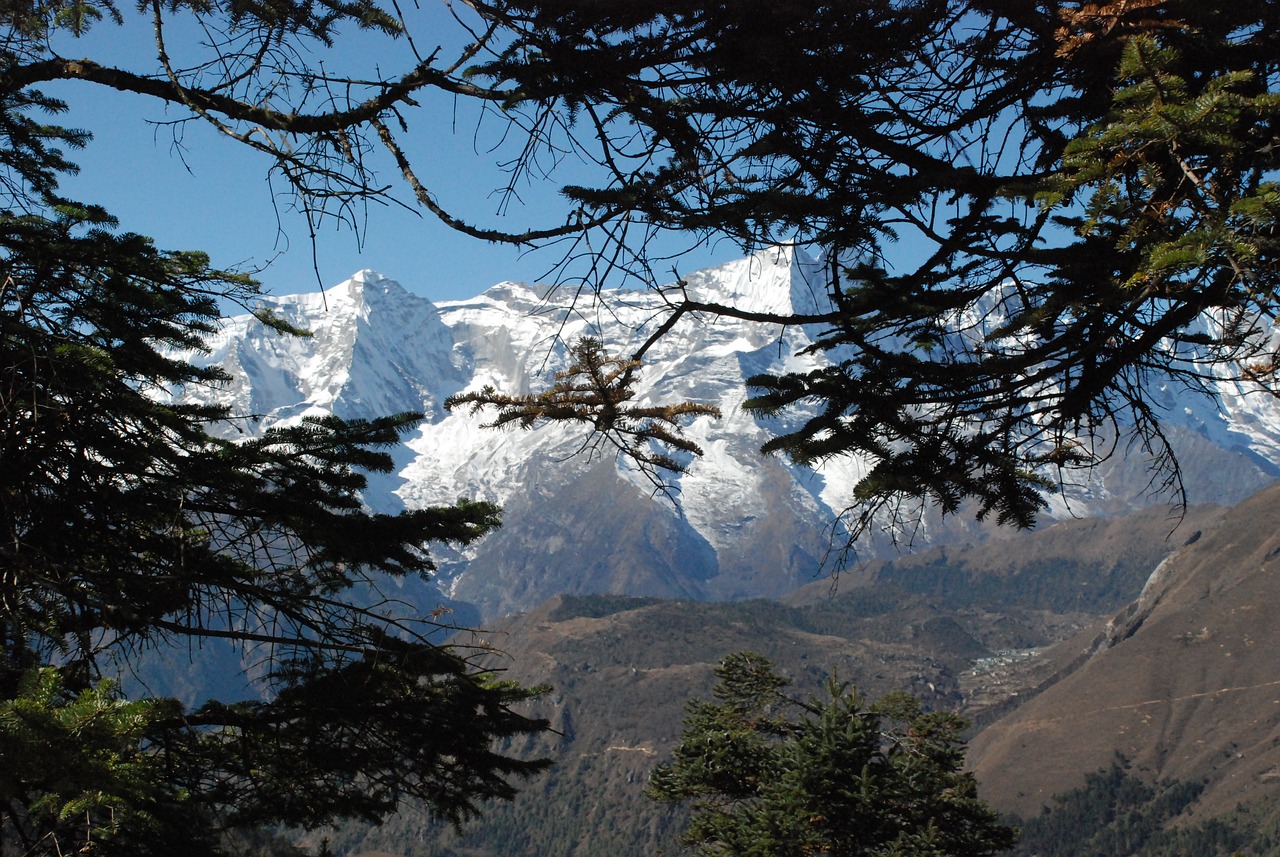
Machhermo to Gokyo distance is 5.7 kilometers. Trekking in the Gokyo valley is considered as a customary trek, and that offers trekkers splendid views of the Ngozumpa glacier as well as many mountain peaks. This Short trek will take you to reach Gokyo in 4-5hrs. Overnight in Gokyo
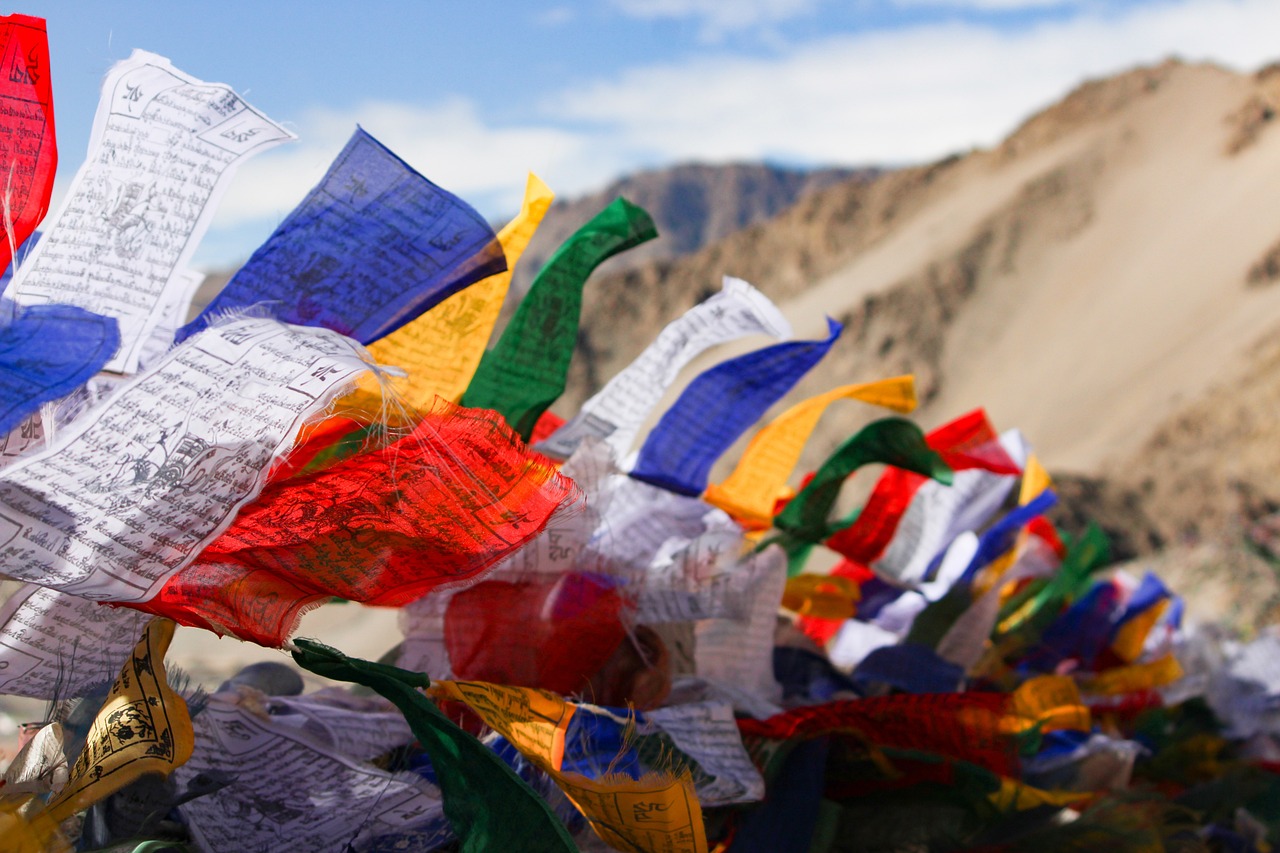
Today you will do activity in early morning by hiking to Gokyo Ri 5357m, 5hrs up & back down to Gokyo. Gokyo Ri is a trekking peak in the Khumbu Region situation above Gokyo Valley on the west side of the Ngozumpa glacier. Normally it takes about 2 -3 hours hike up from Gokyo depending on your fitness and stamina. From Gokyo Ri, you can see four metre 8000mt peaks ; Mt Everest 8848m, Mt Makalu 8463m, Mt. Lhotse 8516m, Mt Cho Oyo 8201m, an many other small snow capped peaks. You will have chance to see an enjoy the turquose featuring blue high altitude lakes around Gokyo Valley which are considered to be holy. After that you will go down to Gokyo for rest. Overnight in Gokyo
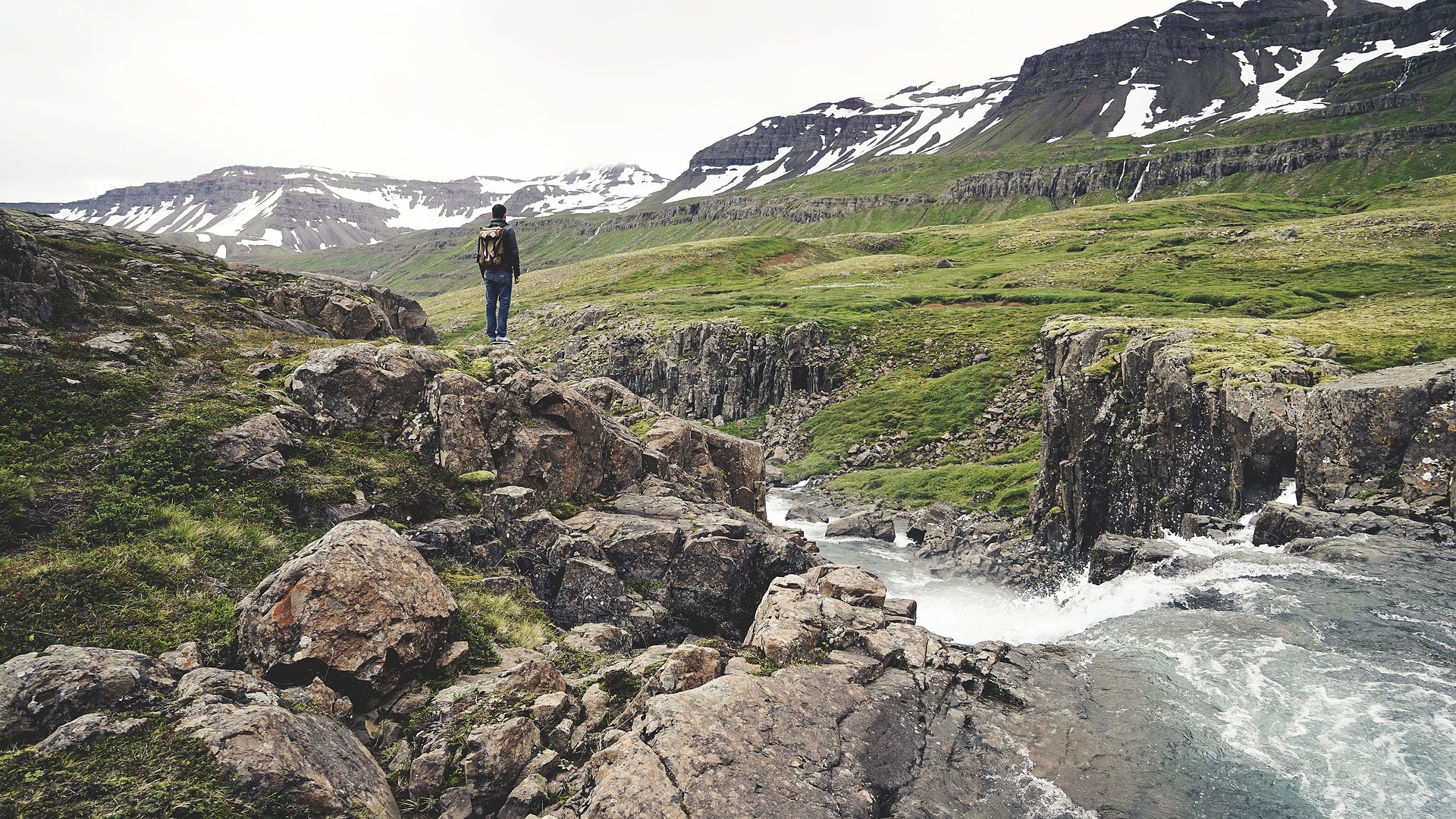
Today as you embark on this trek, be prepared for varying weather conditions and challenging terrain. The altitude can be demanding, so acclimatization is crucial. Take the time to adjust and listen to your body. Remember, trekking in the Himalayas is not a race, but a journey to be savored and appreciated at your own pace.The trek from Gokyo to Thaknak will take around 6-7 hrs. Overnight in Thaknak
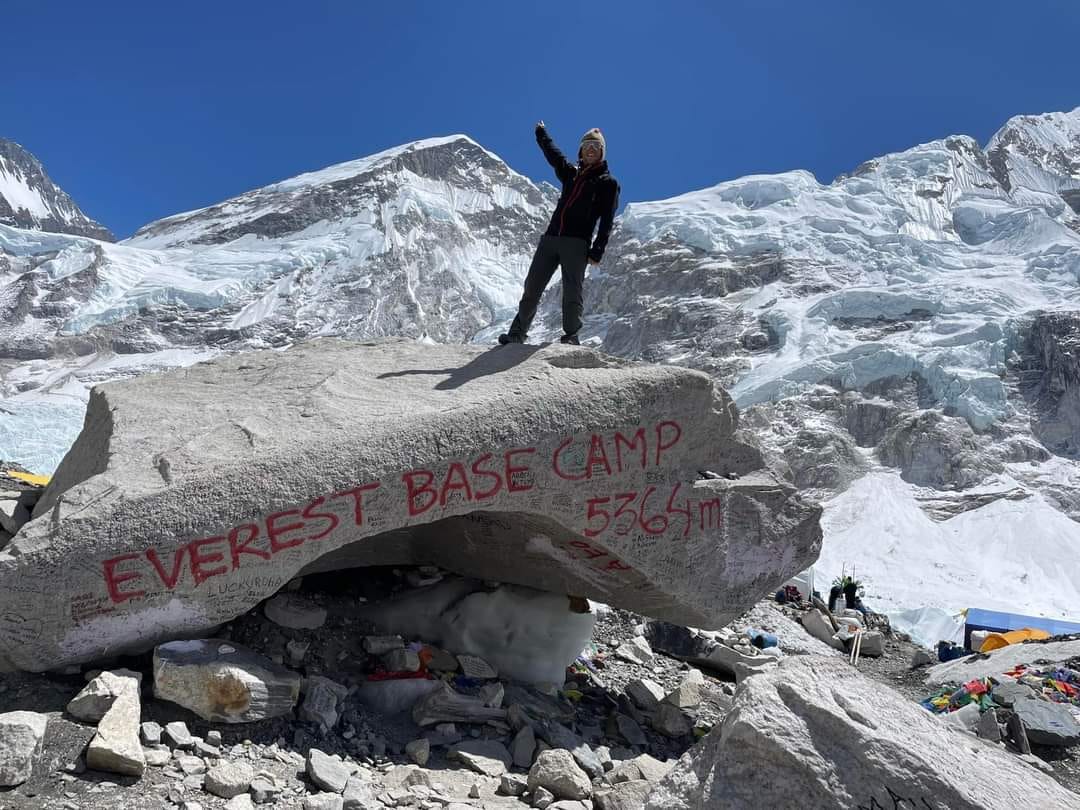
Today will be your longest and quite tough day for trekking, the route from Thangna to Dzongla is quite a long and taxing day, it’s important that you get out as early as possible. It’s considered a tough day as we are set to hit our second high pass of the route – Cho La Pass (5340m). Heading out early gives you better odds at enjoying the views atop the high pass before the moody weather of the afternoon rolls in. It’s also safer that way as well. After forcing down some porridge oats and bundling ourselves with multiple layers, we set off on one of the more challenging days of our adventure. The trail leaving Thaknak started just behind our tea house and didn’t waste any time getting steep. The path descends into the valley and makes its approach towards the pass. The closer you get, the higher that wall gets and the more that the challenge ahead starts to sink in. Through the valley and approaching the wall we were climbing over rocks and massive boulders. You could hear the echoes of falling rocks all around us – it was clear that we needed to stay vigilant. The top of the Chola Pass gives you views of many of the well-known Himalayan peaks. You’ll get a glimpse of the Lobuche Twins – the eastern summit sits a 6,119m and is a popular trekking peak and the western summit, while only slightly higher at 6,145m, is frequented by expedition teams. Also in view are the famous Nupste Wall, the fifth highest mountain in the world – Makalu (8,481m) and Mt. Everest (8,848m). Overnight in Dzongla
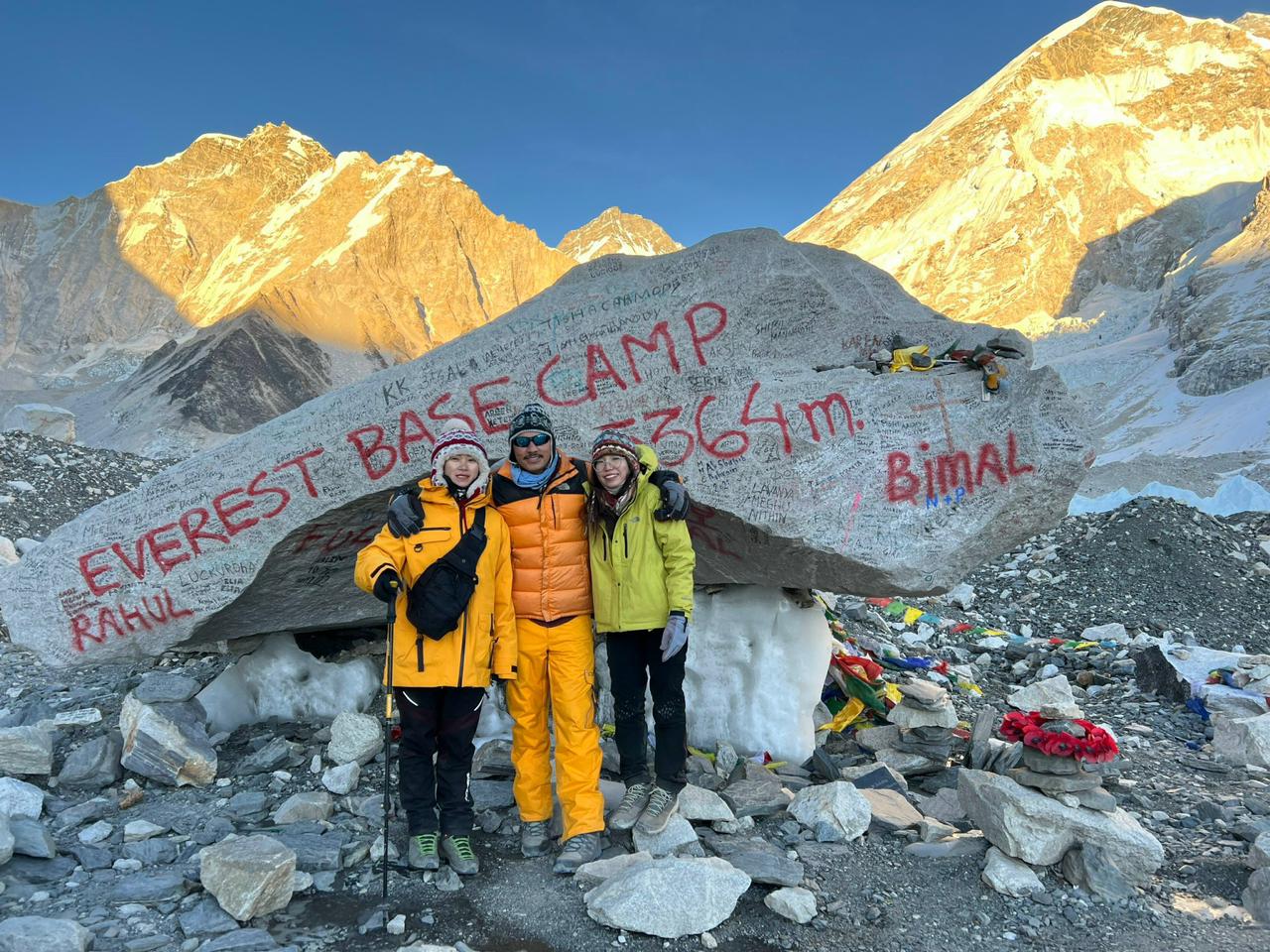
The trekking day begins with a short descent to a river. Cross this and then traverse above the lake Cholatse Pokhari, passing to south of the Lobuche peaks and Awe peak. The most impressive views on the traverse lie to the south-east, with Ama Dablam dominating the distance and Nuptse, Tawoche and Kangtega all vying for your attention. Continue swinging around all the way to join the main Everest Base Camp trail just as it reaches the first signs of glacial moraine from the Khumbu Glacier. The Khumbu effectively leads all the way to the top of Everest so any running water you see exiting the moraine may just have come from the highest point on Earth! Once back on the main Everest trail, follow it up to Lobuche village, which feels like a big city after Dzonghla! Over the next couple of days options abound for further exploration. Everest Base Camp, Kala Pataar and the Kongma La are all possibilities and it is perfectly possible to do all 3. After 4-5hrs trek, you will reach Lobuche. Overnight in Lobuche
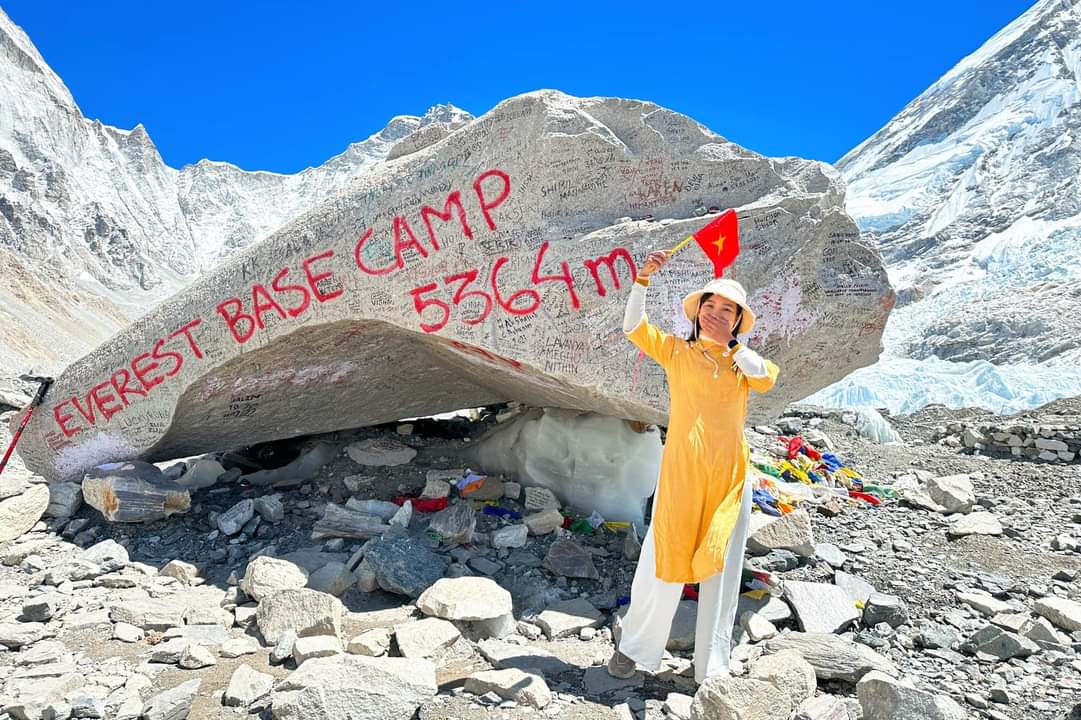
Day 12 is your final trek up to the last village in Everest Basecamp called Gorakshep at 5190m. Start early around 8 oclock from Lobuche you will go through rocky and stony trails to reach Gorakshep. It takes around 3 hrs trek to Gorakshep and you are supposed to arrive here around 12 oclock. After lunch break in Gorakshep and drop your luggage here, our guide will accompany to continue the summit to Everest Basecamp 5364m which takes around 2-3 hrs hiking. Enjoy the view in Everest Basecamp them you come back down to Gorkashop in the afternoon and stay overnight in Gorakshep

Today early in the morning around 5 oclock if you still have energy, you can do early morning summit to Kallapathar at 5500m. This is optional depends on your physical condition. Otherwise after breakfast, you will go down to Periche 4288m which take 4-5hrs walk. Overnight in Periche
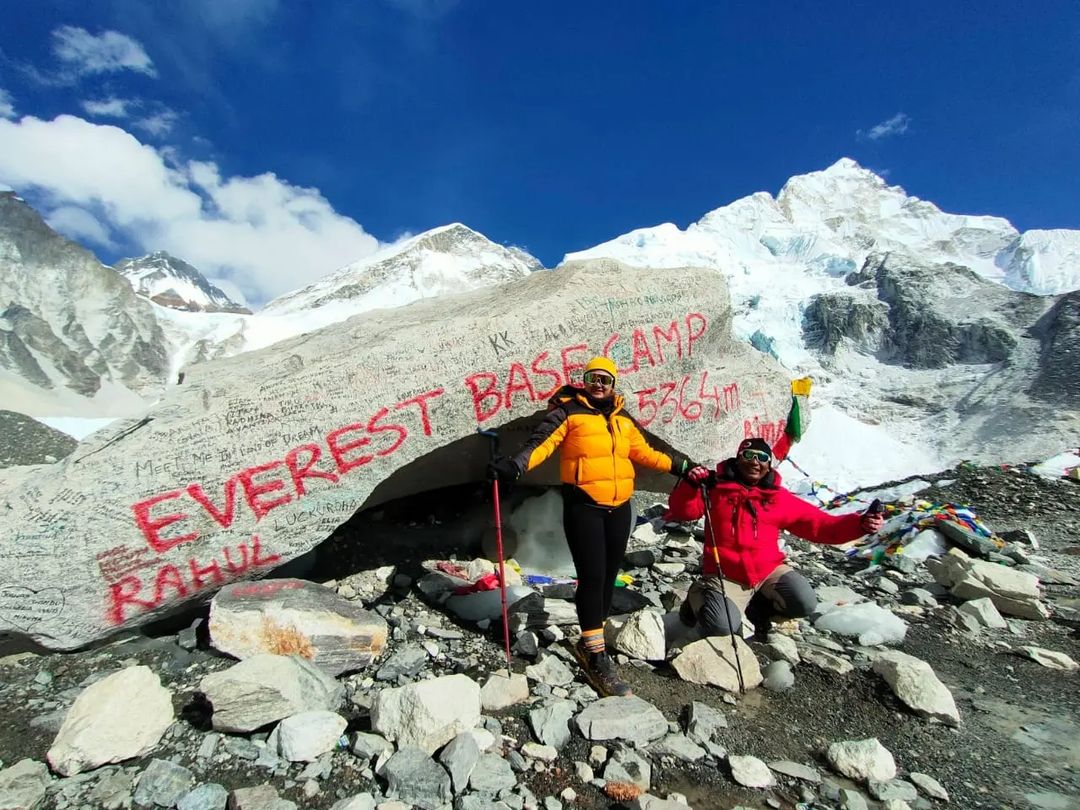
Today trek is the last two days left for you to do trekking before you reach Lukla. From Periche after breakfast you will trek back to Namchebazar same place where you did acclimatization earlier. You might see different beautiful view of Highest mountains for the 2nd visit to Namchebazar from the one earlier. It takes 5-6 hrs to reach Namechebazar. Overnight in Namchebazar

This is your last day trek from the total 12 days trekking up & down of 14 Days Everest Basecamp Itinerary. You might be excited since your successful summit to Everest Basecamp has already been finished and now only to complete the last trek to reach Lukla which takes 6-7 hrs trek. It depends on your pace but normally you will reach Lukla in afternoon. Overnight in Lukla
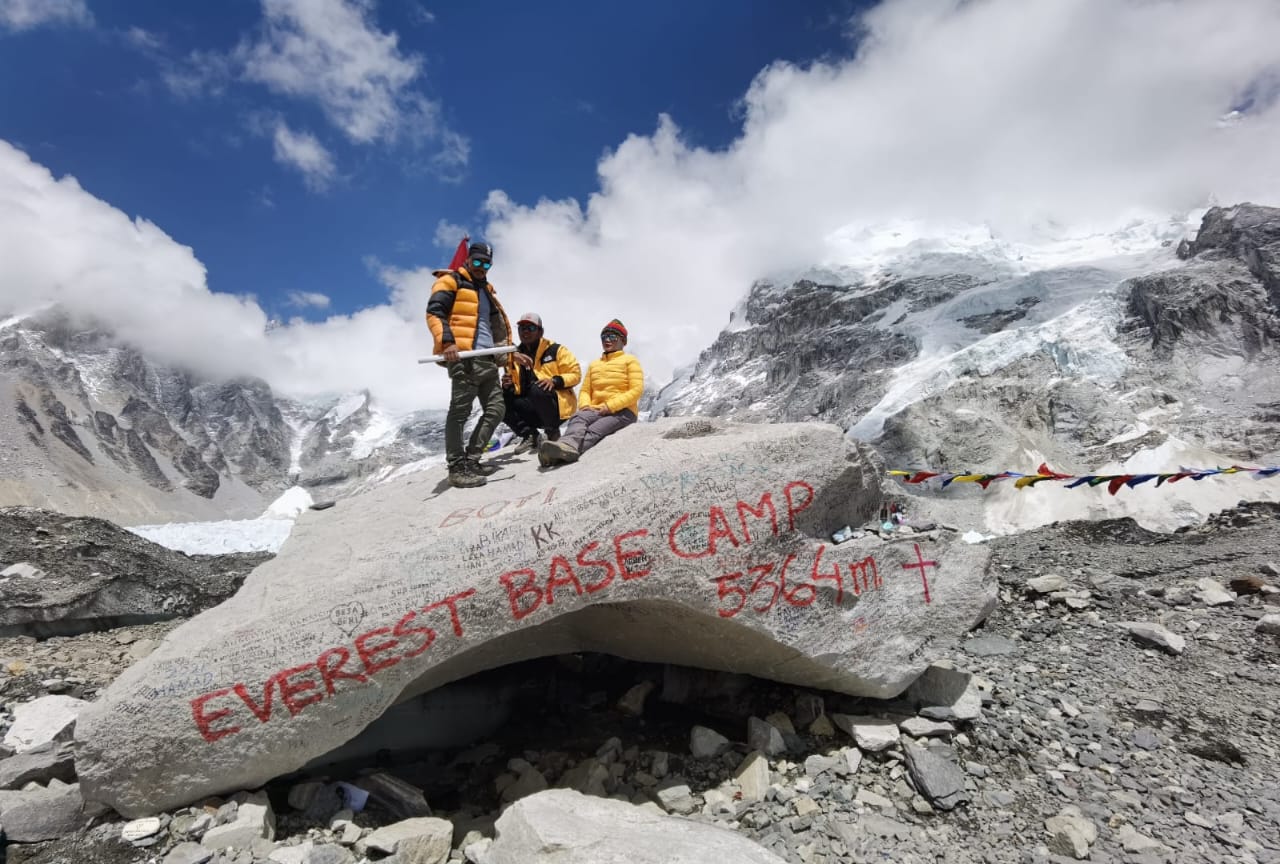
Flight from Lukla to Ramechap will take 20 minutes. Today after flying to Ramechap you will back to Kathmandu which will take 5 hrs drive. Once reaching kathmandu you will take rest for a while then in the evening we will invite you for farewell dinner and we distritibute Your Certificate of Achievement of having been successful reaching the Everest Basecamp via Chola Pass. Overnight in Kathmandu
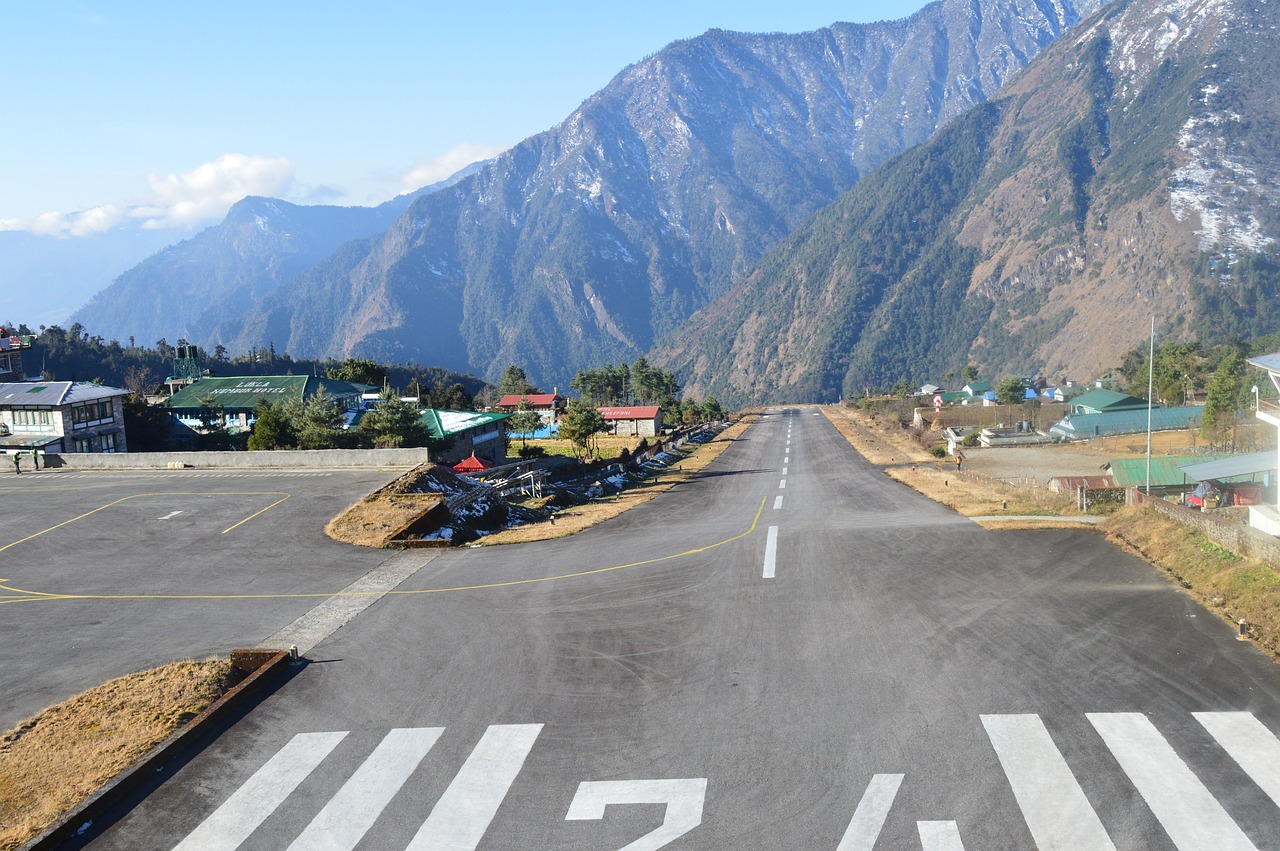
Today is your last your day in Everest Basecamp via Chola Pass Trek Package with us. You have free time to rest till check out time comes at 12pm. Our Company Staff will pick you up at hotel and drop you at Tribhuvan International Airport. Trip ends. And Thank you for trust us as your trekking company. See you again in the coming trip
Durations
Languages
Frequently asked questions
Getting to Everest Base Camp (EBC) involves a trek that requires preparation, fitness, and some logistical planning, but it's not unattainable for individuals who are physically fit and prepared for the journey. Here are some key aspects to consider: Trek Difficulty: Physical Fitness: The trek to Everest Base Camp involves hiking at high altitudes, which can be physically demanding. Cardiovascular fitness and stamina are essential. Altitude Sickness: Acclimatization is crucial to prevent altitude sickness. The trek is designed to allow for gradual acclimatization to the altitude, but it can affect individuals differently. Route and Duration: Duration: The trek typically takes around 12-14 days from Lukla (the starting point) to EBC and back. This can vary depending on the route and the individual's pace. Route: There are various routes to EBC, with the most popular starting from Lukla and passing through Namche Bazaar, Tengboche, Dingboche, Lobuche, and Gorak Shep before reaching EBC. Logistics and Preparation: Permits: Permits are required for the Everest region, and arrangements for these need to be made in advance. Equipment: Proper gear such as trekking poles, sturdy hiking boots, appropriate clothing for cold weather, and a good backpack are necessary. Guides and Porters: While it's possible to trek independently, many opt for guides/porters who are familiar with the terrain, especially for safety and navigation purposes. Weather and Seasons: Best Time to Trek: Spring (March to May) and Autumn (September to November) are the best times due to stable weather conditions and clearer skies. Overall Considerations: Experience: While no previous trekking experience is required, some hiking experience in varied terrain can be beneficial. Preparation: Pre-trek training and conditioning can significantly help with the physical demands of the trek. Given the altitude and the physical demands, it's recommended to research and prepare well in advance. Many people from varying backgrounds and ages successfully complete this trek, but adequate preparation and caution are essential for an enjoyable and safe journey.
Yes, beginners can certainly trek to Everest Base Camp (EBC), but it's important for them to be well-prepared physically and mentally for the journey. Here are some considerations for beginners: Physical Preparation: Fitness Training: Starting a training regimen a few months before the trek can greatly help. Focus on cardiovascular exercises, endurance training, and leg strength. Hiking Experience: While not mandatory, having some experience with hiking or long walks on varied terrain can be beneficial. Acclimatization: Understanding Altitude: Being aware of altitude sickness and acclimatization is crucial. The trek is designed to allow for gradual acclimatization, but beginners should pay close attention to their bodies and follow recommended acclimatization schedules. Trekking Pace and Duration: Take it Slow: Beginners should take a slow and steady pace. Don't rush; allow time for acclimatization and rest when needed. Duration: The trek typically takes around 12-14 days. It's crucial not to rush to higher altitudes to allow the body to adjust. Guided Trek or Support: Consider a Guide or Group: For beginners, having a guide or joining a guided group can provide reassurance, safety, and navigation support. Mental Preparation: Mindset: Prepare mentally for the trek. It can be physically demanding, but maintaining a positive attitude and being open to the experience can make the journey more enjoyable. Logistics and Equipment: Proper Gear: Ensure you have the right gear. Proper clothing, trekking poles, sturdy hiking boots, and a well-fitted backpack are essential. Permits and Planning: Make sure to obtain the necessary permits and plan the logistics well in advance. Weather Consideration: Choose the Right Season: Opt for trekking during the best seasons (Spring or Autumn) when weather conditions are more stable. Final Consideration: Listen to Your Body: Pay attention to your body's signals. If you're feeling unwell or experiencing symptoms of altitude sickness, it's crucial to communicate this and take necessary rest or descend if needed. While EBC is achievable for beginners with proper preparation, it's important to approach the trek with respect for the challenges it presents. Many beginners successfully complete this trek by being well-prepared, taking it slow, and enjoying the breathtaking journey to Everest Base Camp.
The distance from Lukla, the typical starting point for treks to Everest Base Camp (EBC), to EBC itself is approximately 65 kilometers (around 40 miles) one way. However, this distance can vary slightly depending on the specific route taken and any side trips or deviations made along the trek. The trek to EBC usually covers a distance of about 130 kilometers (80 miles) round trip from Lukla and back. This distance doesn't include any additional exploration or side trips to nearby viewpoints or attractions along the trail. It's important to note that while the actual distance may seem relatively short, the challenging terrain, altitude changes, and varying weather conditions can make the trek physically demanding and require several days to complete each way.
The availability of Wi-Fi can fluctuate due to various factors: Challenges with Wi-Fi at Everest Base Camp: Limited Infrastructure: The remote location and rugged terrain make it challenging to establish stable and high-speed internet connections. Weather Conditions: Extreme weather conditions, including high winds, snow, and cold temperatures, can affect the functionality of equipment and connectivity. Congestion and Reliability: When available, Wi-Fi connections might be slow and unreliable due to the number of users trying to access it simultaneously. Options for Communication: Satellite Phones: Some expeditions or groups may carry satellite phones for communication as an alternative to internet connectivity. Cellular Network: In recent times, cellular networks have expanded in the region, providing intermittent mobile network coverage in certain areas. However, signal strength can be weak or non-existent in many parts of the trek. Teahouses and Lodges: Along the trekking route, some teahouses and lodges may offer Wi-Fi access for a fee, but the quality and reliability can vary significantly. It's important to be prepared for limited connectivity during the trek to Everest Base Camp. Some trekkers choose to disconnect entirely and immerse themselves in the natural beauty and adventure of the journey without relying on digital communication. If staying connected is necessary, it's advisable to have alternative communication methods and be patient with intermittent or limited Wi-Fi access. Please verify the current status of Wi-Fi availability and infrastructure as conditions may have changed since my last update.
The Everest Base Camp (EBC) trek is open to individuals who are physically fit, mentally prepared, and adequately equipped to handle the challenges of trekking at high altitudes. Here's a breakdown of eligibility criteria and considerations: Physical Fitness: Good Health: Trekkers should generally be in good health without any serious medical conditions that could be exacerbated by high altitudes or physical exertion. Physical Endurance: The trek involves walking for several hours each day over varied terrain, so having good stamina and endurance is essential. Preparation: While prior trekking experience isn't mandatory, some level of physical preparation through regular exercise and cardio workouts can be beneficial. Altitude Consideration: Acclimatization: Understanding altitude sickness and acclimatization is crucial. Trekkers need to be aware of the symptoms of altitude sickness and follow proper acclimatization schedules. Gradual Ascent: The trek is designed to allow for a gradual ascent to higher altitudes, allowing the body time to adjust to reduced oxygen levels. Mental Preparation: Positive Mindset: Mental resilience is crucial for completing the trek. Being mentally prepared for the physical challenges, changes in weather, and remote conditions is important. Age and Experience: Age: There's no strict age limit, but trekkers of various ages, from teenagers to older adults, have completed the trek. However, individuals should consider their own physical capabilities and consult with a healthcare professional if needed. Experience: While no prior trekking experience is necessary, having some experience with hiking or long walks on uneven terrain can be helpful. Logistics and Preparation: Equipment and Gear: Having appropriate trekking gear, including proper clothing, footwear, and other essential equipment, is crucial. Permits: Trekkers need to obtain the necessary permits for the Everest region before starting the trek. Guidance: Guided vs. Independent Trek: Some opt for guided treks, which can provide support, guidance, and local knowledge, especially for those less experienced in high-altitude trekking. While the EBC trek is open to a wide range of individuals, it's crucial to assess one's own physical fitness, health condition, and preparedness before undertaking the journey. Adequate preparation, understanding the challenges, and respecting the altitude and environment are key factors in successfully completing the trek to Everest Base Camp.
The number of climbers attempting to summit Mount Everest each year can vary based on various factors, including weather conditions, government regulations, permits issued, and other logistical considerations. However, before 2020, the annual number of climbers attempting to climb Everest had been increasing steadily. Rough Estimates: In the early 2000s, the number of climbers attempting Everest was around 200 to 300 individuals annually. By the mid-2010s, this number had increased to around 600 to 800 climbers each year. Recent Changes: In 2020, climbing on Everest was halted due to the COVID-19 pandemic, resulting in a significant drop in the number of climbers that year. The Nepalese government introduced regulations and restrictions in an attempt to manage the number of climbers and maintain safety on the mountain. These regulations included measures to improve safety and minimize congestion, such as requiring climbers to have prior high-altitude experience and proving their physical fitness. Future Trends: There has been a growing emphasis on regulating the number of climbers and ensuring safer climbing conditions on Everest. The actual number of climbers attempting Everest in recent years may vary due to these stricter regulations and periodic closures for safety or environmental reasons. While specific figures for recent years might vary, the number of climbers attempting Everest has been a topic of discussion due to concerns about overcrowding, safety issues, and the impact on the environment. The Nepalese government has been taking steps to manage and regulate climbing permits to ensure a safer and more controlled climbing environment on the world's highest peak.

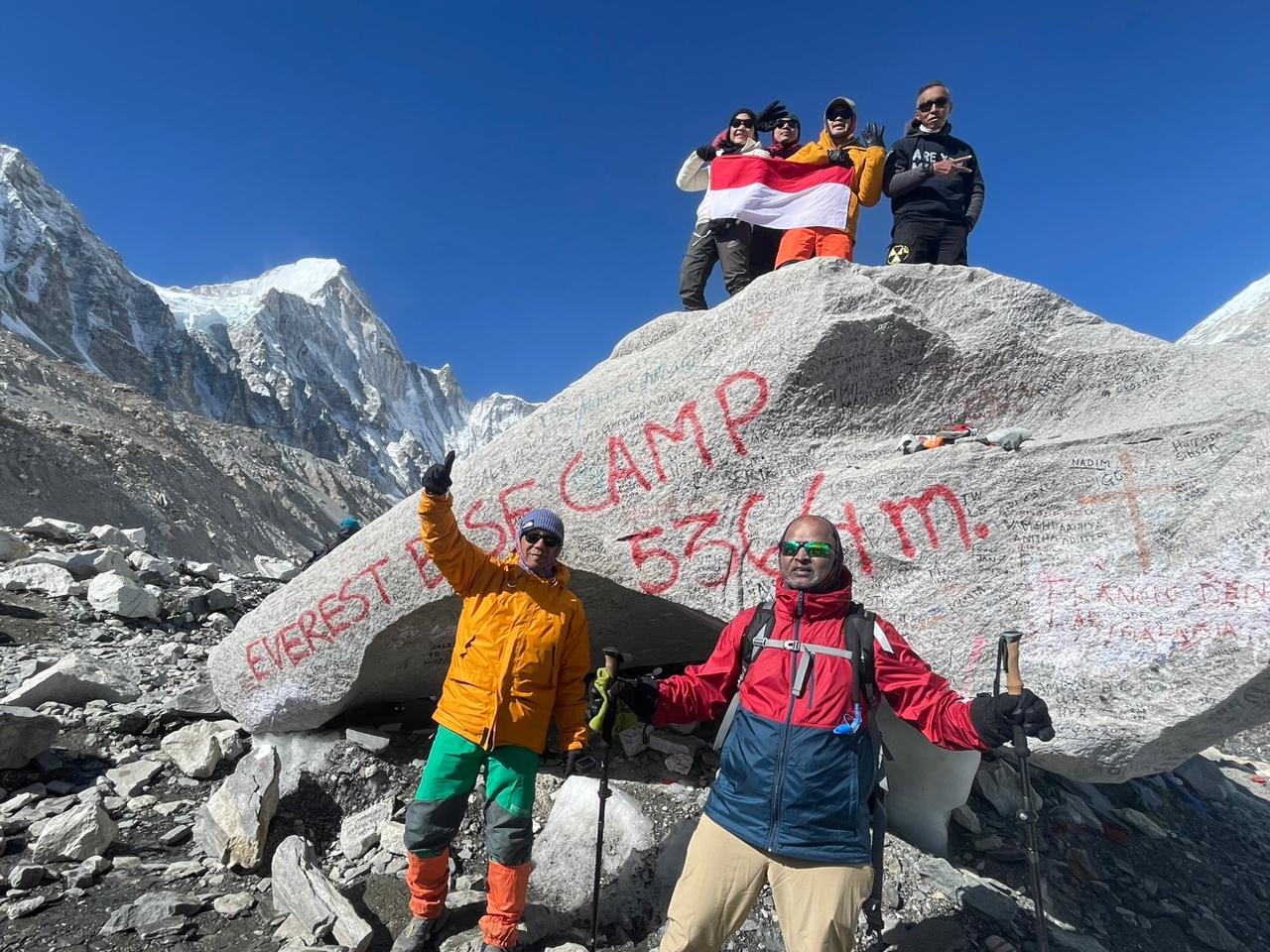
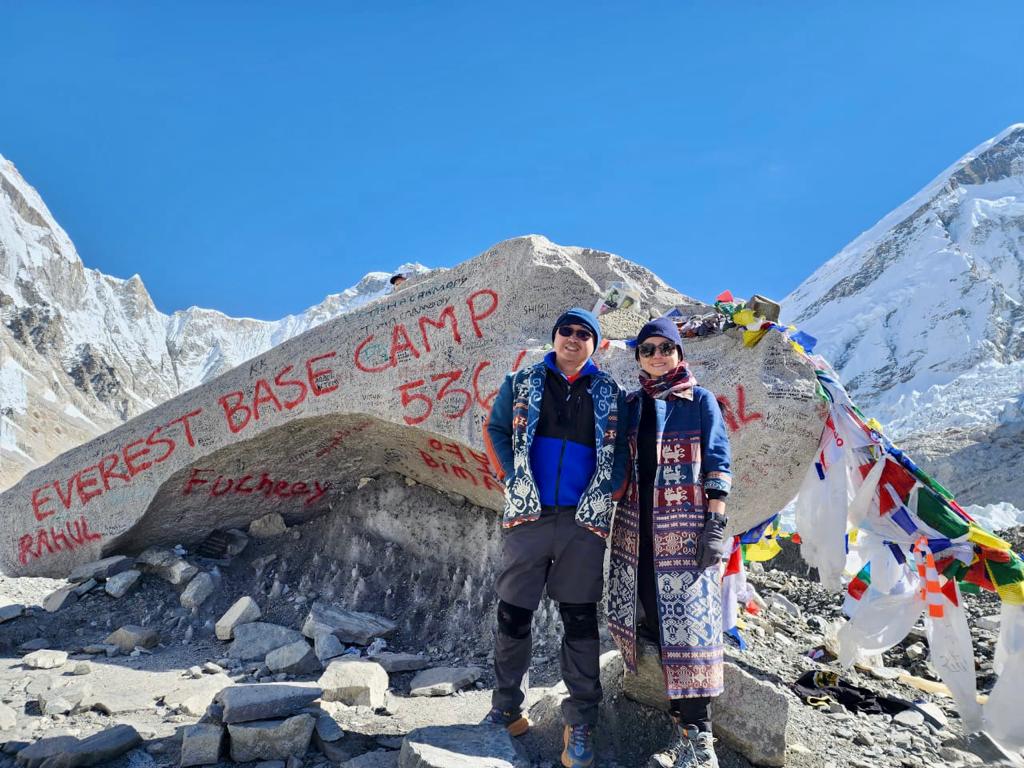

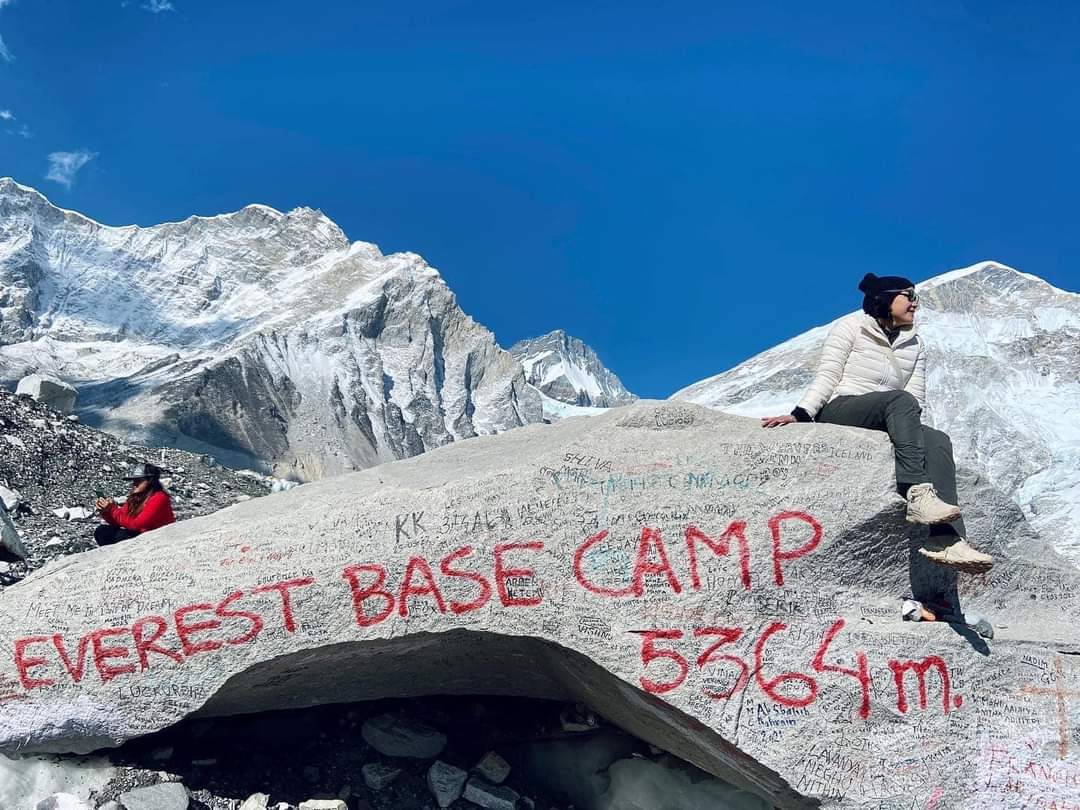
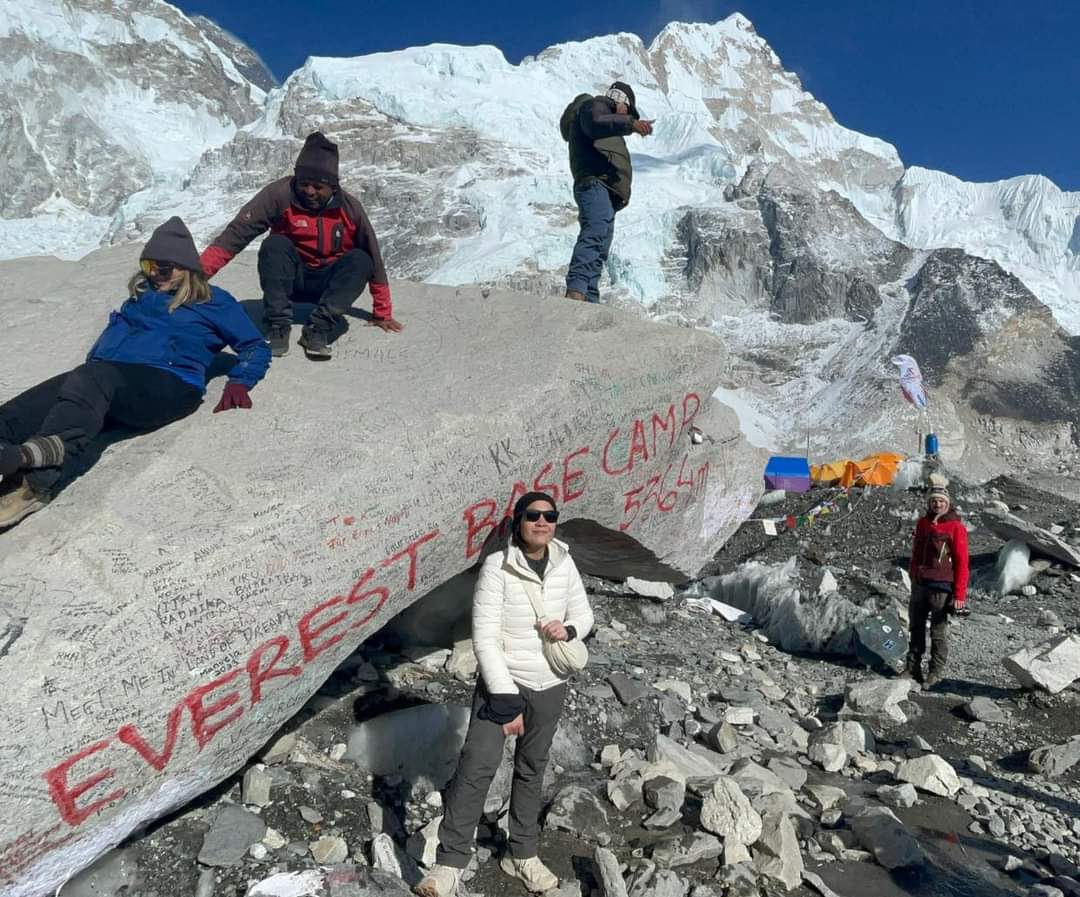
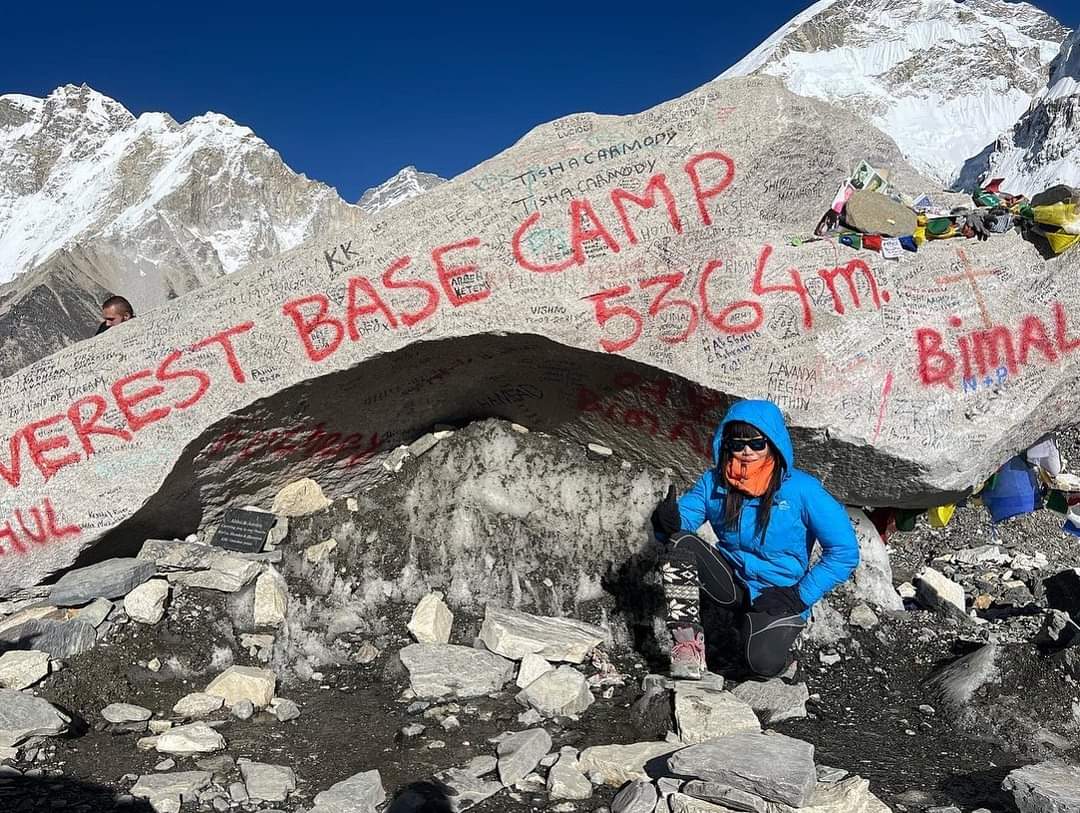
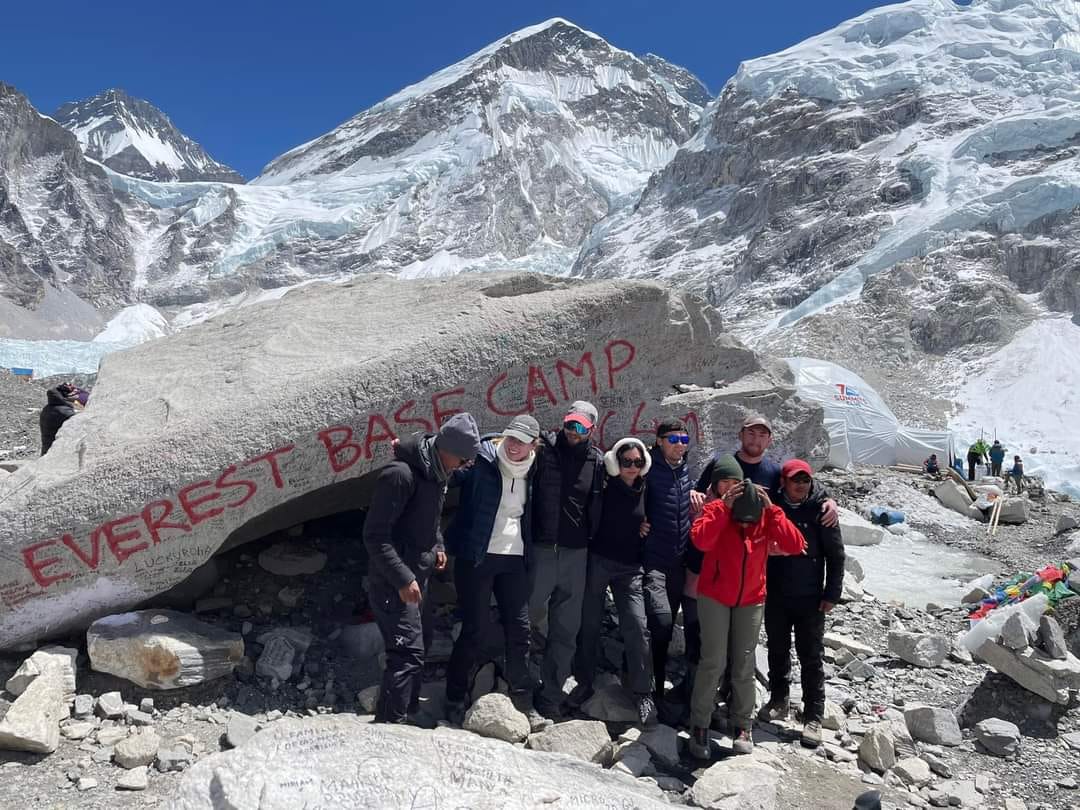
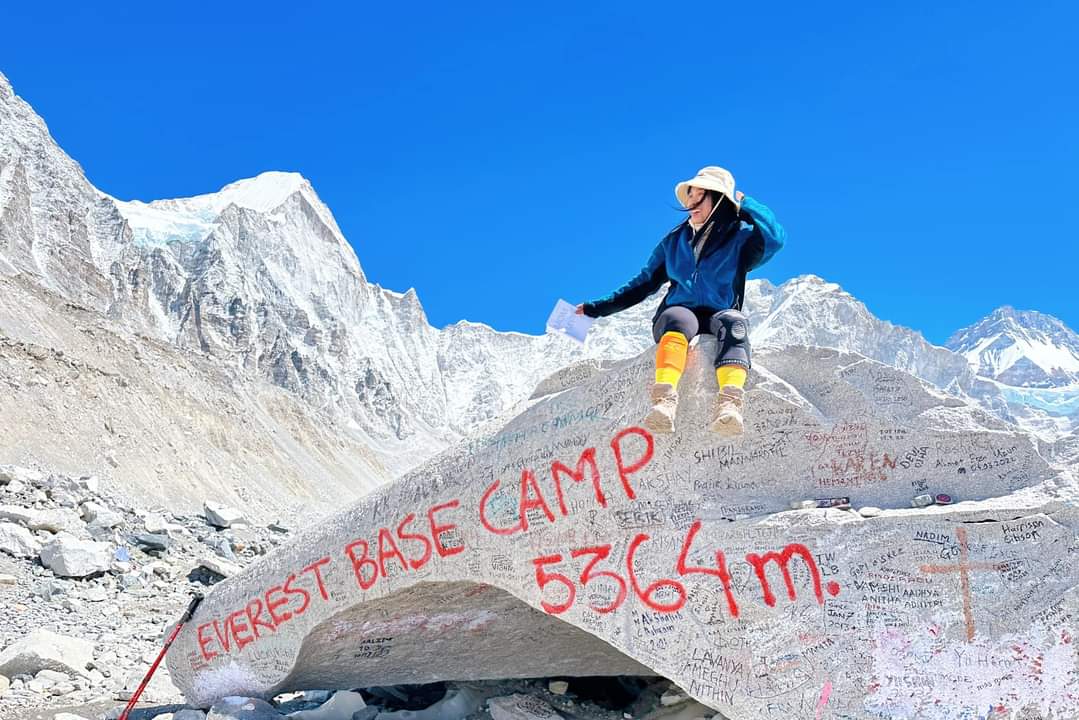
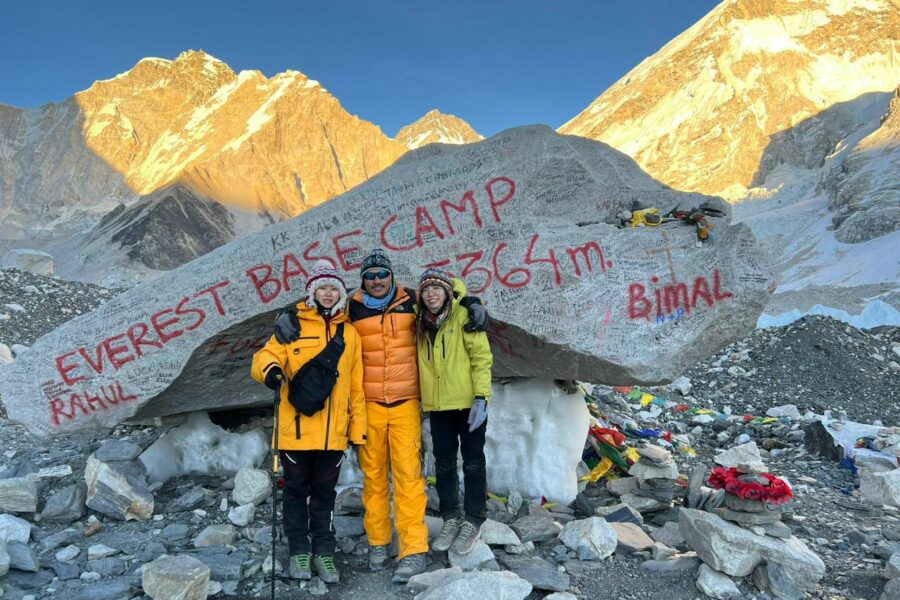
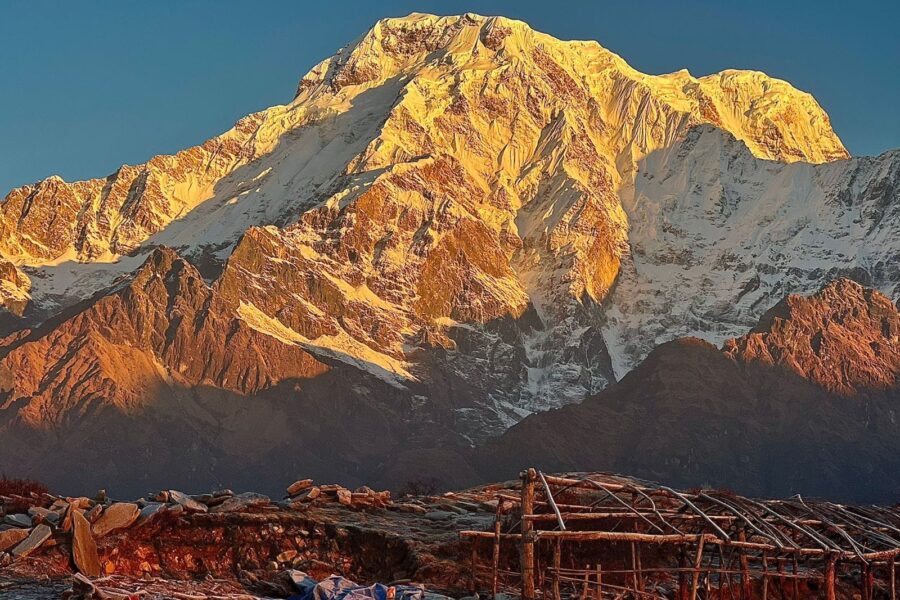
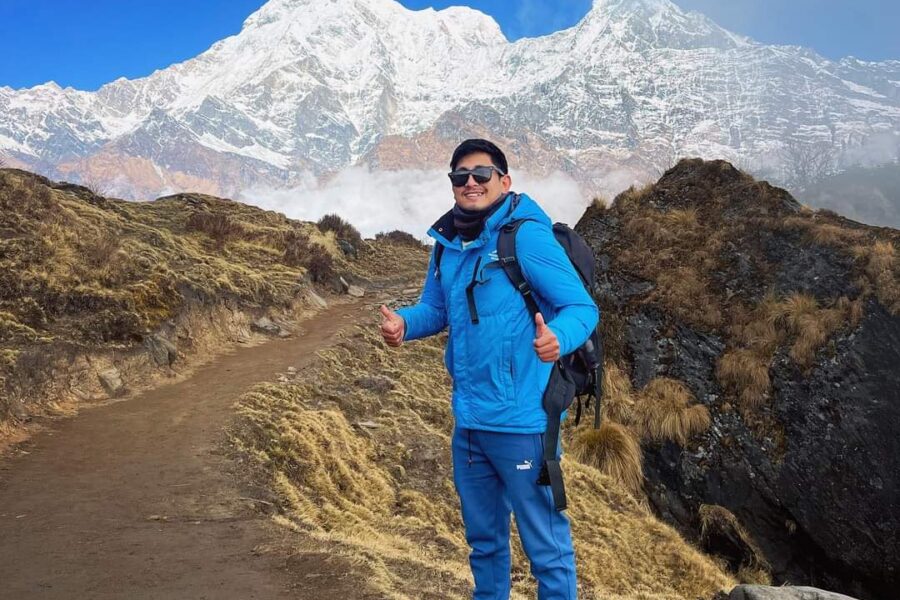
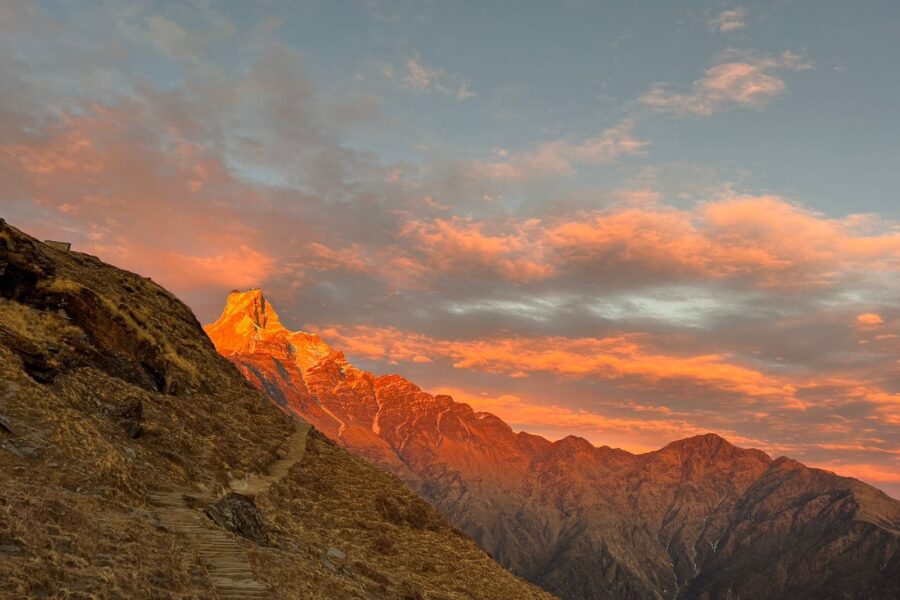
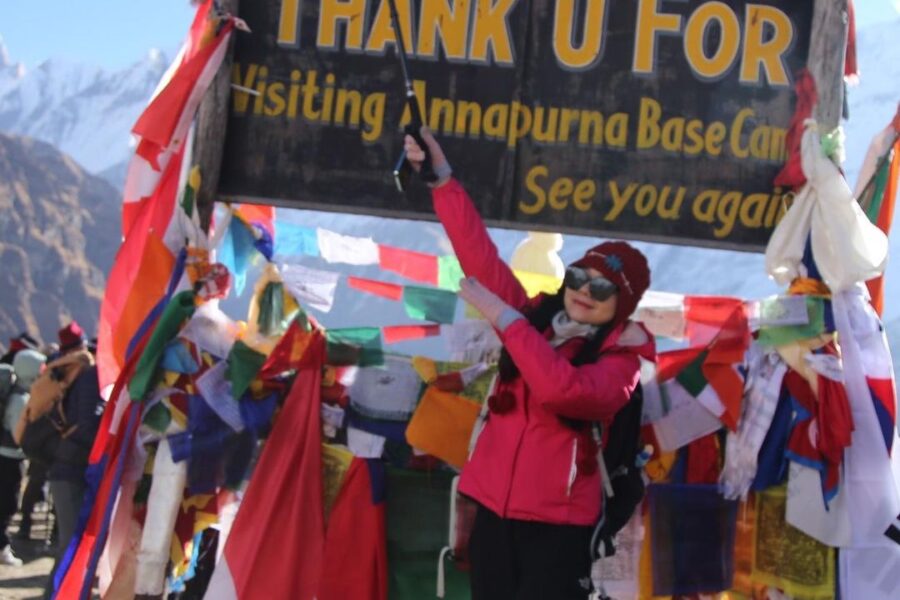
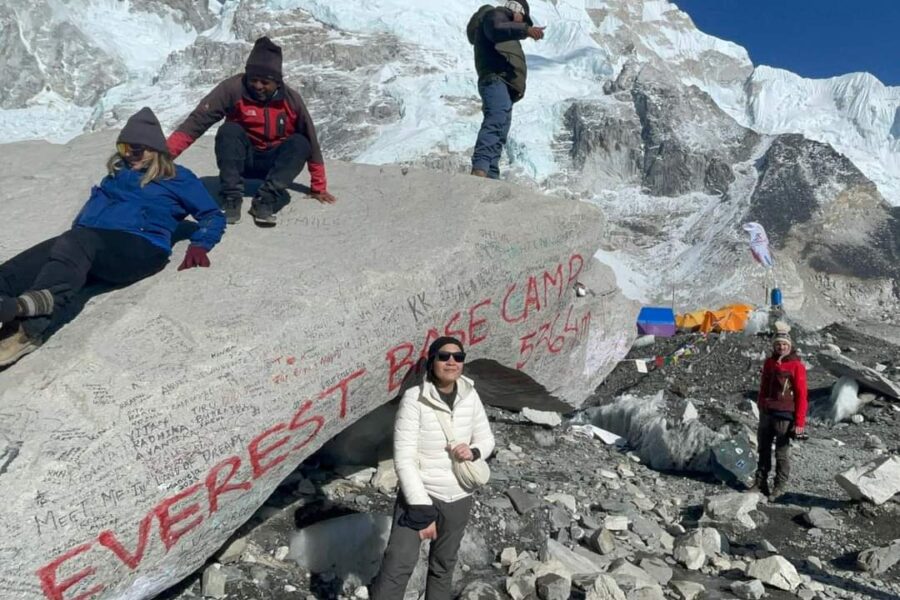
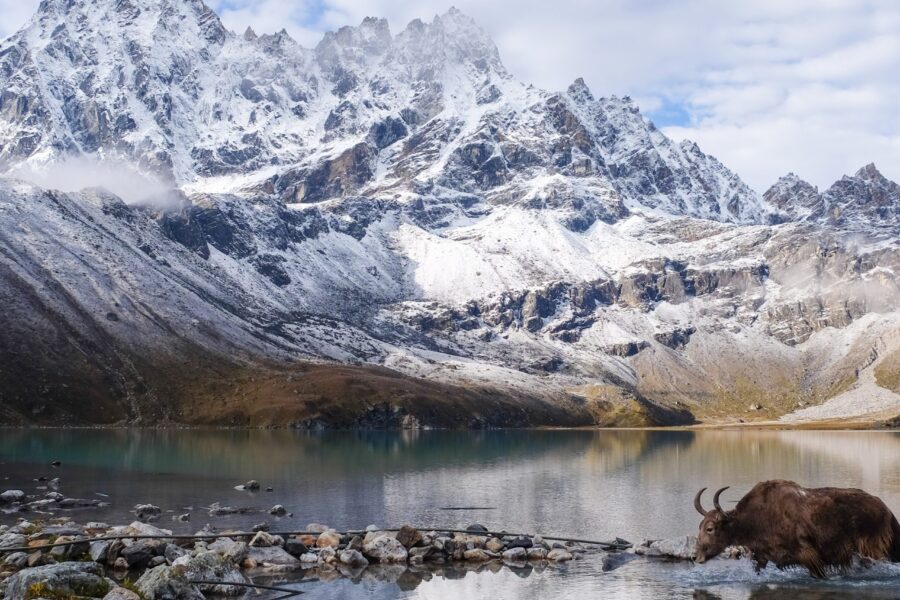
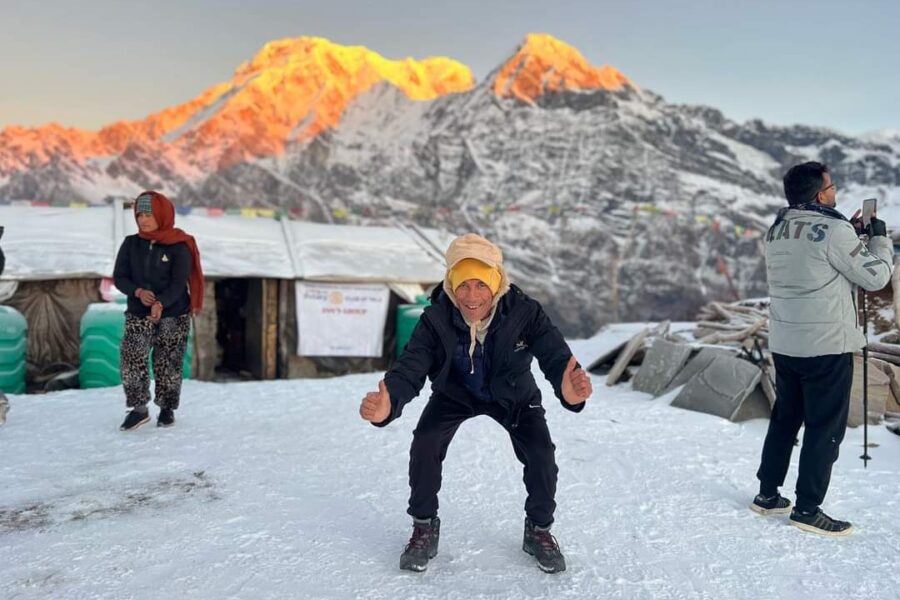
woodcockkienzlelsj8o9+6de1k2a5i2v6@gmail.com